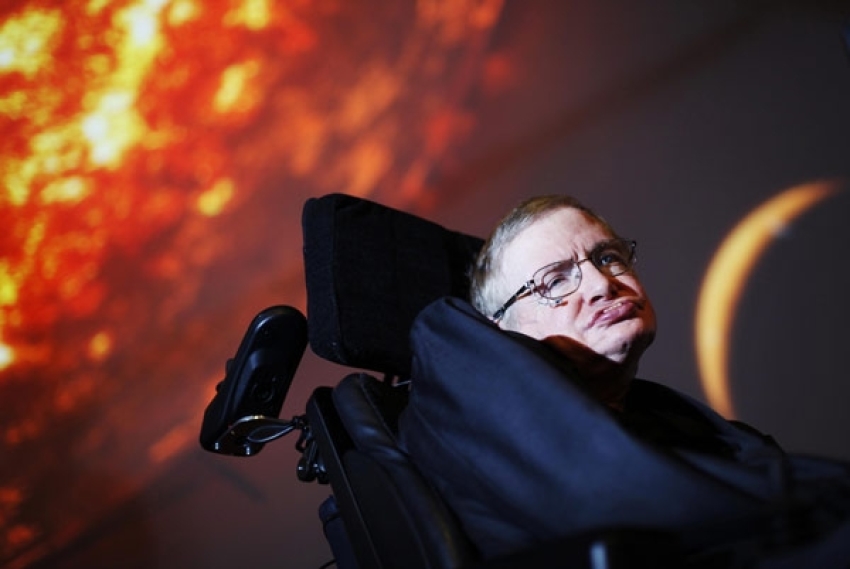'I Briefly Tried to Commit Suicide,' Says Stephen Hawking as UK Seeks to Legalize Suicide; Church Calls Move 'Grave Error'

Famed Cambridge scientist Stephen Hawking, 72, recently confessed that he "briefly tried to commit suicide" and said denying an individual who is in great pain and facing imminent death the right to commit suicide is "discrimination."
His comments come on the heels of church leaders in Britain who warned this week that legalizing assisted suicide would be a "grave error" as members of the House of Lords in Parliament prepare to debate a controversial Assisted Dying Bill on Friday.
"If you have a terminal illness and you're in great pain, I think you have the right to choose to end your life. We don't let animals suffer, so why should your pain be prolonged against your wishes," said Hawking in a BBC interview Wednesday.
"I think everyone should have the right to choose to end their life whether they are capable of doing so without assistance or not. It is a discrimination against the disabled to deny them the right to kill themselves that able-bodied people have," he added.
Hawking suggested as safeguards, that individuals allowed to take their own life, should be required to wait two weeks in case they change their mind. Testimony from two doctors indicating that they are in great pain should also be a requirement.
"I think it would be wrong to despair and commit suicide unless one is in great pain, but that is a matter of choice. We should not take away the freedom of the individual to choose to die," said Hawking.
"There has to be safeguards that a person genuinely wants to die and are not being pressurized into it. These safeguards are a matter of discussion. I would suggest as a minimum that two doctors should certify that a person is in pain and has a life expectancy of less than a year. I would also suggest that a person be given two weeks to reconsider her decision to die," he explained.
When it was noted that the 72-year-old cosmologist was given two or three years to live in his early 20s and placing the decision to live or die based on the testimony of doctors, Hawking said that was up to the individual.
"That is a decision the individual has to make. It is wrong for the law to take away the option. I admit that when I had my tracheostomy operation, I briefly tried to commit suicide by not breathing. However, the reflex to breathe was too strong," he confessed.
According to the Catholic Herald, Cardinal Vincent Nichols of Westminster and Anglican Archbishop Justin Welby of Canterbury joined 21 other senior Christian, Jewish, Muslim, Hindu, Sikh, Buddhist, Zoroastrian and Jain faith leaders to oppose the Assisted Dying bill.
Under the 1961 Suicide Act, the offense of assisting a suicide is punishable in Britain by up to 14 years in prison.



























